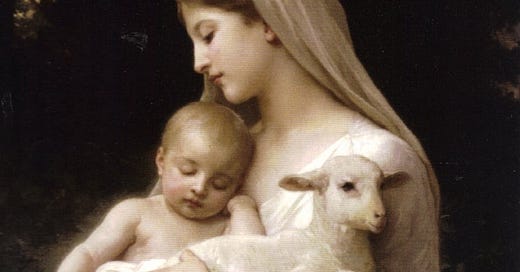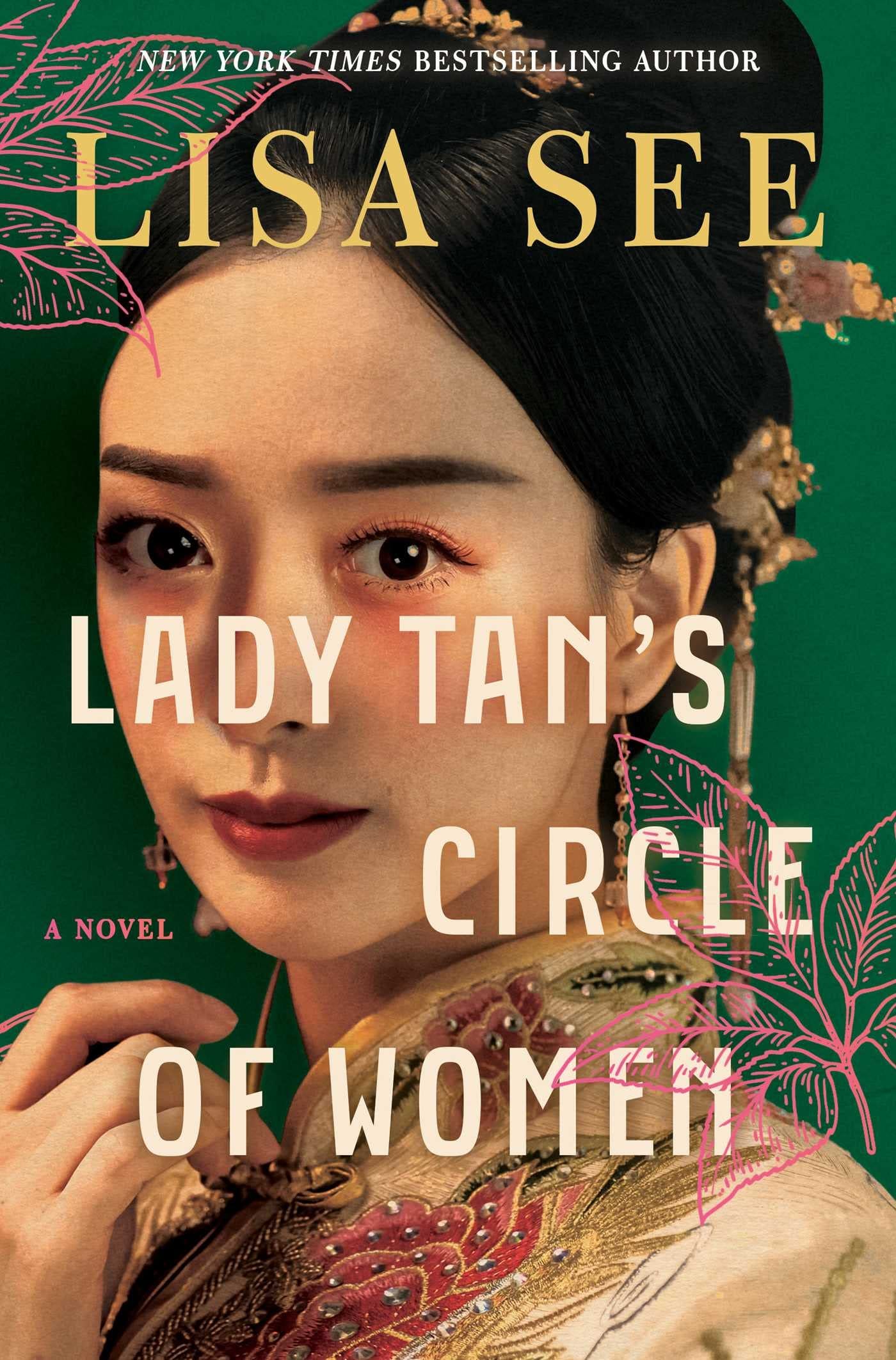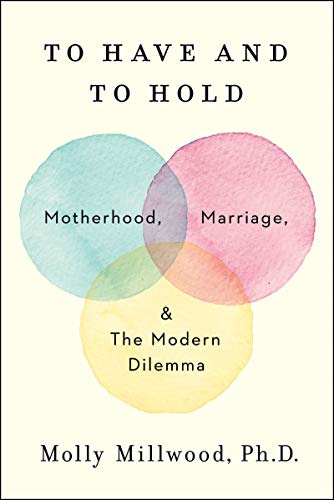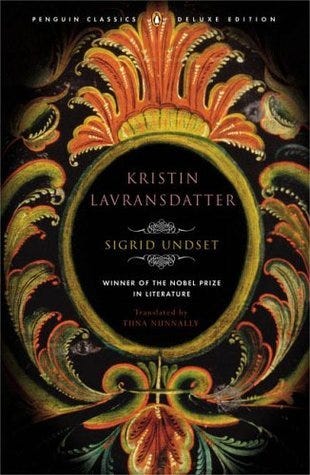Let Them Contact-Nap #2
Books to Read When Pregnancy, Birth, and/or Postpartum Were Actually Grueling
In my last installment of this series, I suggested some lighthearted books to read in the postpartum period. While I already made a case for the importance of reading lighthearted yet truly good and beautiful literature while postpartum, I today want to make a case for reading heavier stuff. This list won’t be for everyone, and a big part of that is because not everyone will relate. Or, some people will relate, and will not need more darkness on top of what they’re experiencing. I get it — I’ve been there. I find that especially during pregnancy I am ultra-sensitive and easily moved. I become very choosy with all of the media I consume, including movies, shows, and music as well as books. In the first three months postpartum, I feel like my brain is on vacation. I’m completely mammalian — reading about the dark depths of the human experience just doesn’t register during that time period.
That being said, I’ve also been in a place where I needed to know I wasn't alone. Both times, I’ve been ready for this literary companionship at around 6 months postpartum. At the time, I needed someone more removed from the trauma of birth, matrescence, or postpartum illness to describe what I was going through with more eloquence than my brain-fog-riddled mind could muster. I needed to be able to make sense of my experience. These books helped me.
If you had a hard pregnancy, a traumatic birth, or a challenging fourth trimester ( who doesn’t?) try not to jump into these books too fast. Healing takes time. You don’t need to rush it — and if you try, you likely will end up making things worse. It’s okay if you are not ready to process your experience until several months or maybe even a year after it’s all been said and done. Contact naps will persist likely until your baby is a year if you allow them — and if your baby is not contact napping at 9 months old it’s probably because you’re the lucky one who has a crib-sleeper — regardless, nap time is also a suitable time to dedicate 15-30 minutes to reading a good book. Regardless, I hope this book list will give you a more nuanced and meaningful place to turn to compared to Instagram reels or the deep dark webs of Reddit when things are hard and you need to make sense of them.
Inferno: A Memoir of Motherhood and Madness
Catherine Cho
Starting off with a heavy-hitter, Inferno is a memoir that recounts a woman’s brush with postpartum psychosis. This is not a book to read in the early days of postpartum. When you are in the midst of psychosis or deep postpartum depression you do not need to add more fuel to the fire by reading about other people’s delusions. I knew I experienced really intense postpartum depression, but I did not realize I was likely also experiencing low level psychosis until I read this book. It helped me make sense of what was going on in my brain, and how the lack of sleep and being removed from my community was the perfect mix to set me up for a wild ride. This book is beautiful, candid, and hard to put down. I also think it is a must-read for every birth worker.
Lady Tan’s Circle of Women
Lisa See
I am a huge fan of Lisa See. I’m sure there are legitimate critiques of her, but I have not read any of them. She writes historical fiction novels about women across various time periods in China. Lady Tan is set in 15th-century China and is based on the true story of a woman who became a physician against the odds. The story centers around her relationship with midwives and birth workers and the women they care for. It features a lot of really tough birth stories that some people may find comforting.
During my first pregnancy, I worked very hard to avoid any “negative” birth stories. I did not want to create the temptation to hyper focus on the what-ifs. I think that sometimes when we do that we can make an artificial stress state that our brains do not recognize as not-real, and real harm can come from that! But when the negative birth story happened to me, I did not know how to process or organize the information.
Recently, I read a compelling article about how when children are exposed to inappropriate (whether violent or sexual) content via screen time, part of what is traumatizing about it is that from a developmental standpoint, their brain literally doesn't know what to do with the information. When a pre-pubescent 10 year old is exposed to porn, they may interpret their own arousal as a panic response — they may even feel they are in danger. This can elicit two (or more) responses: curiosity (think of people who are “thrill seeking”) or fear. Because they are not yet sexually mature, their brain doesn't know what to do with the arousal, and to make sense of it they may either return to it again and again in curiosity to try to make sense, or label it as dangerous and avoid it at all costs.
I got a little side tracked there, but the article reminded me of how after my grueling 60 hour labor, my brain was in shock. I could not look my husband in the eyes for several months. Even though I was reliving the birth every day through flashbacks, I was so afraid that I couldn’t talk about it at all. (I imagine that some people might go the opposite route and binge on bad birth stories. If that’s you, this book is not for you. Please don’t torture yourself or beat your brain up. You do not need to be punished for what happened.) I could not make sense of what happened. I could not see how I could go through that and go back to normal — it felt like monster looming in the background of my entire motherhood experience.
However, after my second daughter’s birth, which was also traumatizing in other ways — I took a more neutral approach. I journaled and talked more openly early on. I got a lot of body-work done and let myself grieve and be upset. When I was ready, I returned to birth stories not to torture myself, but as a way to organize in my head what happened to me. “This bad thing happened. There are a myriad of possible causes and while I will never know for sure why it happened, I can know that it happens to people with some frequency, and it’s not my fault.”
Reading Lady Tan was an exercise in that. Among all of the “your body was made for this” rhetoric, the reality is that young and healthy women have been having crazy births for thousands of years. And while there’s a lot you can (and should!) do to prepare for a low intervention and “uneventful” birth, a lot of it is left up to luck. As a doula myself, there is a known and documented phenomenon of women having “easy” and uneventful first and second labors, only for their third baby to throw a complete wrench in it all.
Read this book not just for the hard birth stories, but also to be inspired by the resiliency of women throughout history as well as their ability and propensity to foster community when things are broken.
To Have and To Hold: Motherhood, Marriage, and the Modern Dilemma
Molly Millwood
To have and To Hold is definitely the most lighthearted book on this list, but it gave me such a feeling of peace, comfort, and being understood that I had to include it. While it is nonfiction, Millwood does a lovely job of capturing all the nuances and dualities that mothers carry in their hearts when it comes to this major identity shift. I read it when my first was around a year old, and while it gave me a lot of “aha” moments and I felt so understood, I don’t know if it would have made sense to me much earlier than that. There were a number of experiences that she talks about that I think are best experienced “blind”, without warning, and made sense of after — rather than trying to anticipate and minimize them. Anyway, upon finishing this book I immediately wanted to send it to every mom I knew. Consider purchasing it as a present to you for surviving the first year of motherhood.
Kristin Lavransdatter
Sigrid Undset
If you read my post On Reading Deeply, Not Widely you know that I’ll be rereading this book this Lent. You also know that it is huge. But Undset’s prose is so wonderful and accessible that if you just chip away a little every night, I think you will be surprised at how fast you read it. It follows a 14th-century Norwegian woman throughout her life. It will make you laugh, shake your head while you smile, and it will make you cry. It may even make you weep bitterly.
Anyway, in what is technically the second book (most people own the edition that has all three books in it because the translation is superior) The Wife, there are some grueling birth experiences. I don’t want to spoil anything, but if you find “bad” birth stories helpful in processing your own, and maybe medieval Scandinavia is more your speed than early modern China, then pick this one up. You won’t regret it. Birth does not feature so centrally to the story as it does in Lady Tan’s, but I also think that is for the best. WARNING: I do NOT recommend reading The Wife while pregnant, especially with your first. Reading The Wreath (Book #1) is fine.
When I had my first traumatic birth, it was hard to imagine how I would ever move on. It felt like I royally messed up the beginning of my daughter’s life and everything would be colored by that until I died. Now that daughter is almost 3, I’ve actually stopped thinking about it every day. The flashbacks have stopped, and there is a lot of joy and intimacy in our relationship. There is life beyond birth, and there will be more joys and more sufferings. Kristin is a great exercise in recognizing that continuity.

I hope that at least one book on this list will you bring you comfort in hard times like they did for me. Motherhood is a wonderful blessing, but not all of it is rainbows and roses. And yet, with a little organizing and processing, we can let the hard things just be the thorns on the roses instead of a blight on the whole plant.
If you enjoyed this piece, please consider supporting me financially by signing up for a paid subscription, contributing to my Buy Me A Coffee, leaving a comment, or sharing this with someone who may enjoy it. I’d also love to hear more fiction recommendations from veteran moms. Thank you so much for reading!







